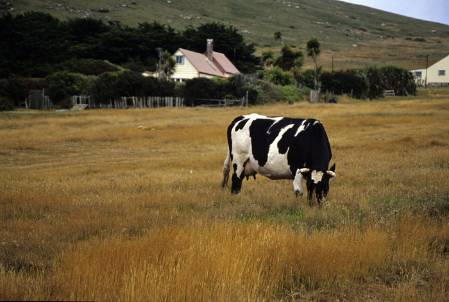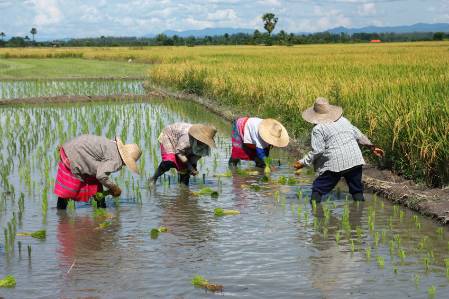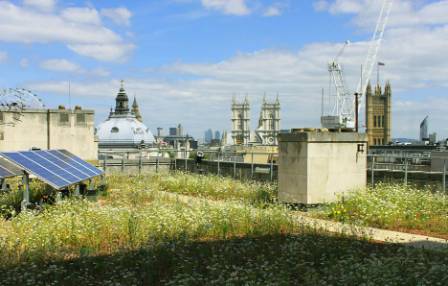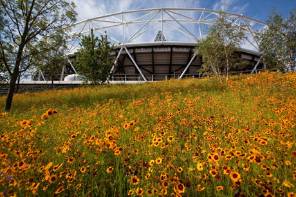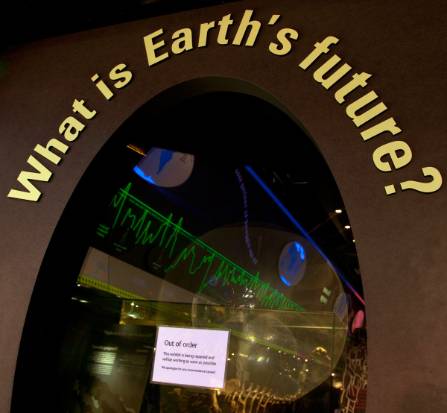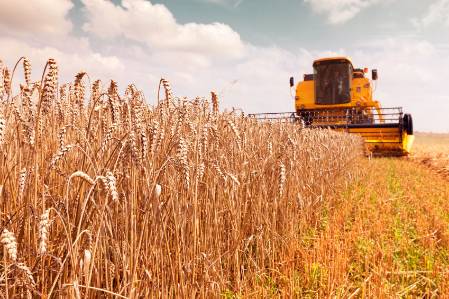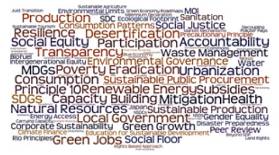Will there be more than a billion acts of green on Earth Day this Sunday 22 April? The international Earth Day Network (EDN) - the organisation behind this world celebration - certainly hopes so, but what will your act be to help them reach their target? Over the past four months, we've been discussing the big issues of our planet's sustainability at our Earth Debates here at the Museum and it seems fitting to actually do something practical and personal to mark the end of these events.
Plant a tree or shrub, sow some seeds, make a compost heap and get that water butt out there... it's Earth Day this Sunday.
The EDN suggests some very simple things you can do on the day: recycle all your rubbish, plant a tree or sow some seeds, make a compost heap, install a water butt for rainwater harvesting, or walk instead of drive your car.
But because of the hosepipe ban in the south and southeast of England, I'd suggest you plant a hardy shrub, cactus or some lavender for the bees rather than a thirsty tree.
This Earth Day comes at the end of the week that Thames Water has been giving out drought warning leaflets with free shower-timers - I got mine at Paddington - so it's a good time to get more determined about their water-saving tips. The recommended time for a shower is 4 minutes. If we make it a brief blast, then we could save 10 litres of water per minute, they say.
And best to fix those leaking taps and toilets - a dripping tap can waste more than 60 litres of water per week and, at 2,800 litres per week, a leaking loo can be much, much worse. Choosing to only flush the loo when you really need to and turning off the tap while you're washing up or brushing your teeth really helps to save water too.
Of course it's deeply ironic, or just a consequence of being British, that the week the drought warning leaflets are being distributed is when we've been having heavy rain and thunder storms here in London. Every time I've ventured out of the office this week to grab a late lunch I've been deluged! However, will a week of downpours repair the damage caused in the UK by the driest two years since records began? Unlikely, so we should all be happy for the April showers to continue for more days yet.
Witness the wonder of water and its cycle of life at the spectacular audio-visual quadrosphere installation in the Museum's Ecology gallery.
If you're visting the Museum at the weekend or sometime soon, I'd recommend a trip round the Ecology gallery. Stop awhile at the gigantic water cycle quadrosphere - it's really impressive. And, come rain or shine, take a stroll in our thriving Wildlife Garden (below) to immerse yourselves in its earthy, watery wonders. Remind yourself of the preciousness of our wild resources.
See what Earth Day 2012 is all about and what's on for Earth Day UK
Find out about more about Thames Waters' drought information
Browse the Ecology gallery highlights and discover the water table quadrosphere.
Discover the Museum's Wildlife Garden and see some simple, practical steps you can take to reduce your environmental impact
Find out more about our Earth Debates and watch them online.






